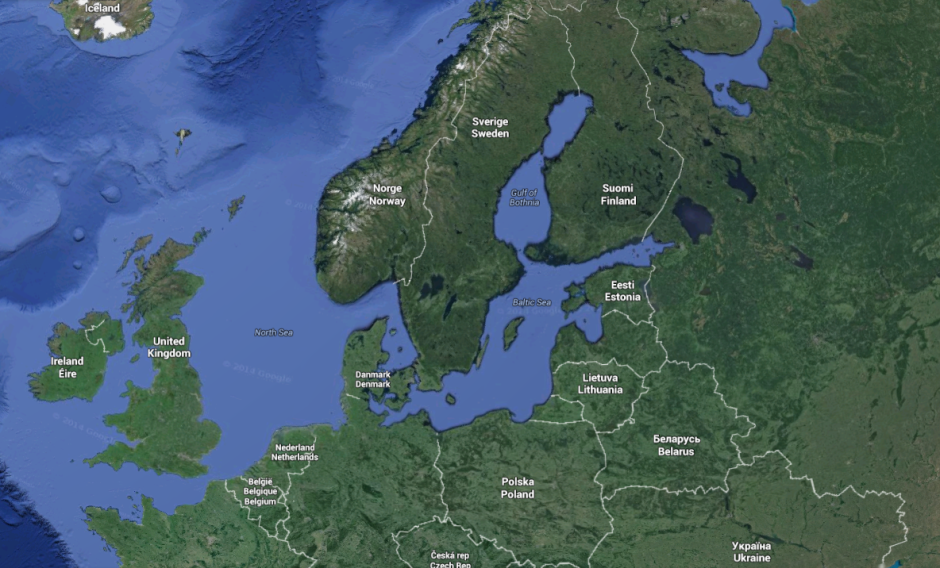Consequences of nitrogen emission control area for shipping to be investigated

The Swedish Government will investigate the consequences for Swedish industry by the introduction of a of a nitrogen emission control area, NECA, in the Baltic Sea and the North Sea. The reason for this is that the UN Internatioal Maritime Organisation, IMO, currently is studying how a NECA could be implemented.
The investigation will be done by the government agency Transport Analysis in consultation with the Swedish Transport Agency. The report shall pay particular attention to the competitiveness of companies both in terms of companies operating in the shipping sector and Swedish industry in general. Previous analyzes of health, climate and environmental effects of the introduction of nitrogen control area should be summarized. -The Government´s view is that shipping in Sweden has a great potential to increase its share of freight transport. Shipping has an important role in strengthening Swedish industry and export. It is also important for shipping companies to reduce their emissions of both greenhouse gases and air pollutants and contribute to the transformation of the transport sector, Anna Johansson, Minister for Infrastructure, says. An interim report shall be submitted by 30 September 2016 and a final report shall be made by 31 March 2017.
Related content:
-
 NextWave – en podd som ska locka unga
NextWave – en podd som ska locka unga -
 Ny studie: Eldrivna pendelbåtar kan effektivisera Stockholms kollektivtrafik
Ny studie: Eldrivna pendelbåtar kan effektivisera Stockholms kollektivtrafik -
 Sjöfartens utsläpp ökar
Sjöfartens utsläpp ökar -
 Sociala relationer påverkar val av bränsle
Sociala relationer påverkar val av bränsle -
 Sjöfartens omställning kräver ”mjukare” påtryckningar
Sjöfartens omställning kräver ”mjukare” påtryckningar -
 Hon hade avtalad tid med Kapten ynkrygg
Hon hade avtalad tid med Kapten ynkrygg -
 Lighthouse omvärldsanalys 2025 – osäkerhet och tullar präglar sjöfarten
Lighthouse omvärldsanalys 2025 – osäkerhet och tullar präglar sjöfarten -
 Se seminariet Shipping in the Marine Environment
Se seminariet Shipping in the Marine Environment -
 Vad betyder egentligen de 90 procenten?
Vad betyder egentligen de 90 procenten? -
 Hålla där...
Hålla där...

